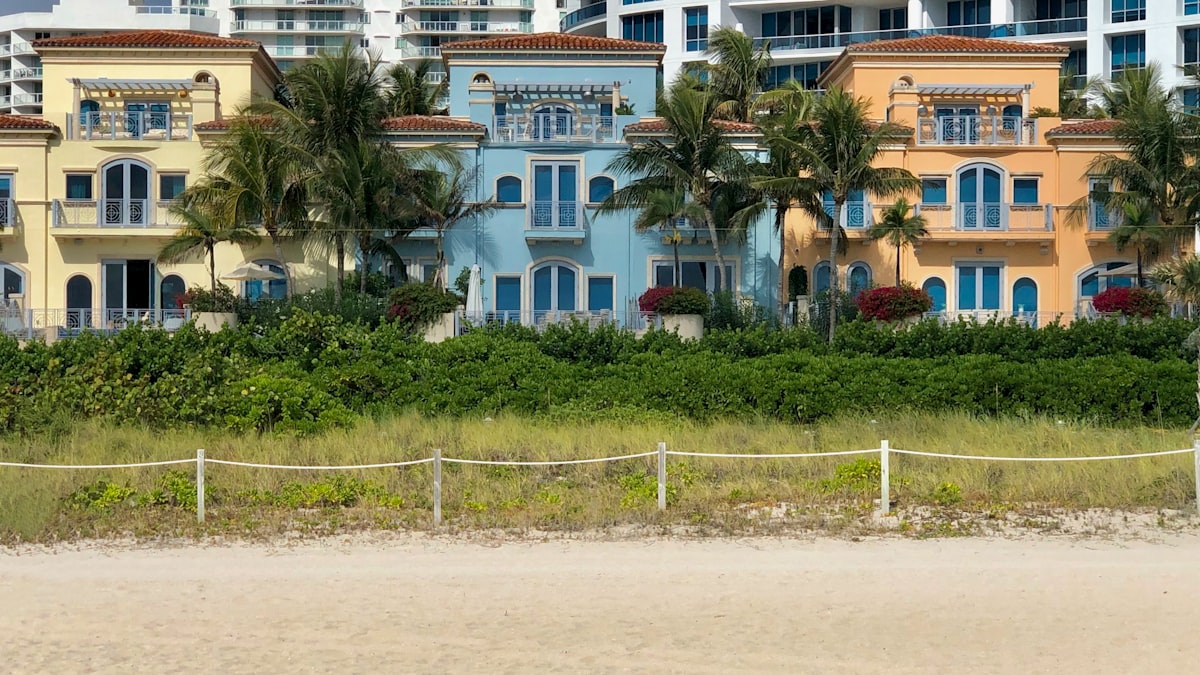Shared Housing Market in Florida: A Comprehensive Analysis
Florida's shared housing market encompasses various types of living arrangements, from traditional roommates sharing apartments to short-term rentals through platforms like Airbnb, Roomster and vacation homes.

Florida, known for its stunning beaches, diverse culture, and beautiful climate, attracts residents from across the country and around the world. As a result, the state's shared housing market has experienced substantial growth in recent years. In this article, we will delve into the shared housing market in Florida, exploring key trends, data, and factors contributing to the expansion of shared housing options in the Sunshine State.
Shared Housing Market Overview
Florida's shared housing market encompasses various types of living arrangements, from traditional roommates sharing apartments to short-term rentals through platforms like Airbnb and vacation homes. The market is driven by a combination of factors, including the state's booming tourism industry, a strong rental market, and an ever-increasing number of students and professionals moving to Florida.
Population Growth
Florida's population growth has been remarkable. According to the United States Census Bureau, Florida is the third most populous state in the country, with an estimated population of over 21 million in 2021. This growth has fueled the demand for shared housing, particularly in major cities like Miami, Orlando, and Tampa.
Tourism and Short-Term Rentals
Florida is a renowned tourist destination, attracting millions of visitors every year. The rise of platforms like Airbnb and Vrbo has made it easier for homeowners and renters to offer short-term accommodations to travelers. In 2020, Florida ranked second in the U.S. for the highest number of active Airbnb listings, generating over $1 billion in host income.
Higher Education
Florida boasts numerous prestigious universities and colleges, drawing students from all over the world. The influx of students has created a significant demand for shared housing options, including shared apartments, dormitory-style living, and co-living spaces near campuses.
Rental Market
The rental market in Florida is robust, with a mix of single-family homes, apartments, and shared housing options. Florida's median rent is approximately $1,500 per month, making shared housing a cost-effective solution for many individuals looking to save on housing expenses.
Cost of Living
Florida is often seen as an affordable place to live when compared to other major states, thanks in part to the absence of state income tax. This affordability attracts professionals and retirees alike, many of whom are open to shared housing arrangements to reduce living costs.
COVID-19 Impact
The COVID-19 pandemic had a mixed impact on Florida's shared housing market. While short-term rentals initially faced a downturn due to travel restrictions, the market rebounded in 2021 as travelers sought less crowded and more private accommodations in vacation hotspots.
Shared Housing Trends
Several trends are emerging in Florida's shared housing market:
- Co-Living Spaces: Co-living spaces, designed to foster a sense of community and convenience, are gaining popularity in major cities like Miami. These spaces offer fully furnished, all-inclusive accommodations.
- Roommate Matching Platforms: Websites and apps that facilitate roommate matching, like Roomster and Roomi, have become increasingly popular, making it easier for residents to find compatible roommates.
- Vacation Rentals: Vacation rental platforms continue to flourish in Florida, offering homeowners the opportunity to share their spaces with tourists while earning income.
Conclusion
The shared housing market in Florida is diverse, dynamic, and driven by a range of factors, including population growth, tourism, education, and affordability. As the state's population continues to swell, shared housing options are expected to remain an integral part of Florida's housing landscape. For both renters and homeowners, the shared housing market in the Sunshine State offers a wealth of opportunities and flexibility to meet various housing needs.



